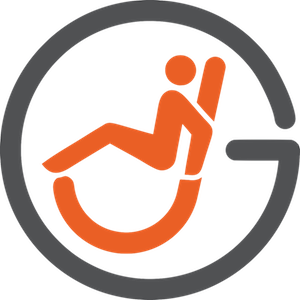It is stories like this one that make me hopeful for any issue that deals with accessibility in our country.
My passion for education is no secret, and my passion for an accessible education is even less of a secret. The definition of the word “accessible” can vary greatly but in this situation I mean it in a way that describes the access that a person with disability may have to accessing an online education.
The acronym “MOOC” stands for Massive Online Open Course. It’s a trend that has taken higher education by storm over the past few years. “Higher ed” professionals frequently debate whether or not MOOCs will gain enough traction to more or less “take over” the offerings that traditional, brick-and-mortar universities deliver to students if they commit to paying a certain rate, known as “tuition & fees.”
At the end of the day, my opinion is simple: there are many functions and experiences that a university provides a traditionally aged (17-23) college student that a MOOC education wouldn’t be able to provide. However, when it comes to continuing and adult education, I think that fully-certified and reputable MOOCs, in a few year’s time, will cause a decline in the number of non-traditional students that enroll at brick-and-mortar universities. Already, now, colleges have been examining and implementing ways to continue to make themselves more competitive, like offering more online education. EdX itself is a consortium of brick-and-mortar universities that got together to offer MOOCs.
With the advent of more technology in the classroom, though, it’s been a gift and a curse in terms of accessibility. Assistive technology is great, but how do you make a plan to implement assistive technology with an instructor that is half way across the world? What if the MOOC itself is inherently disregarding AT options, and therefore it is virtually inaccessible by a person who requires an accommodation to learn?
This issue being raised by the Department of Justice and by the article really makes me hopeful for the opportunities that will be afforded to those with disabilities through MOOCs and other forms of online education.
